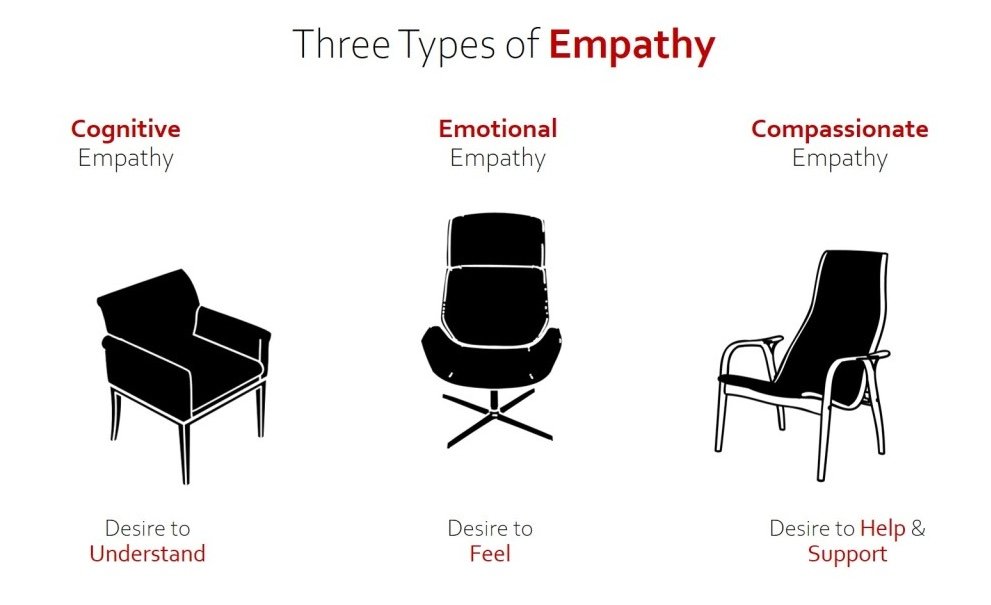According to psychologists Daniel Goleman and Paul Ekman empathy manifests in three distinct forms: cognitive, emotional, and compassionate.
1. Cognitive empathy is our ability to understand other people’s points of view.
2. Emotional empathy is our ability to respond physically and emotionally to what someone else is experiencing.
3. Compassionate empathy is what creates the bond between team members within an organisation as well as between companies and countries.
I think you can place concentration as the root of empathy, and the importance of the latter in solving individual, personal and general social challenges.




















